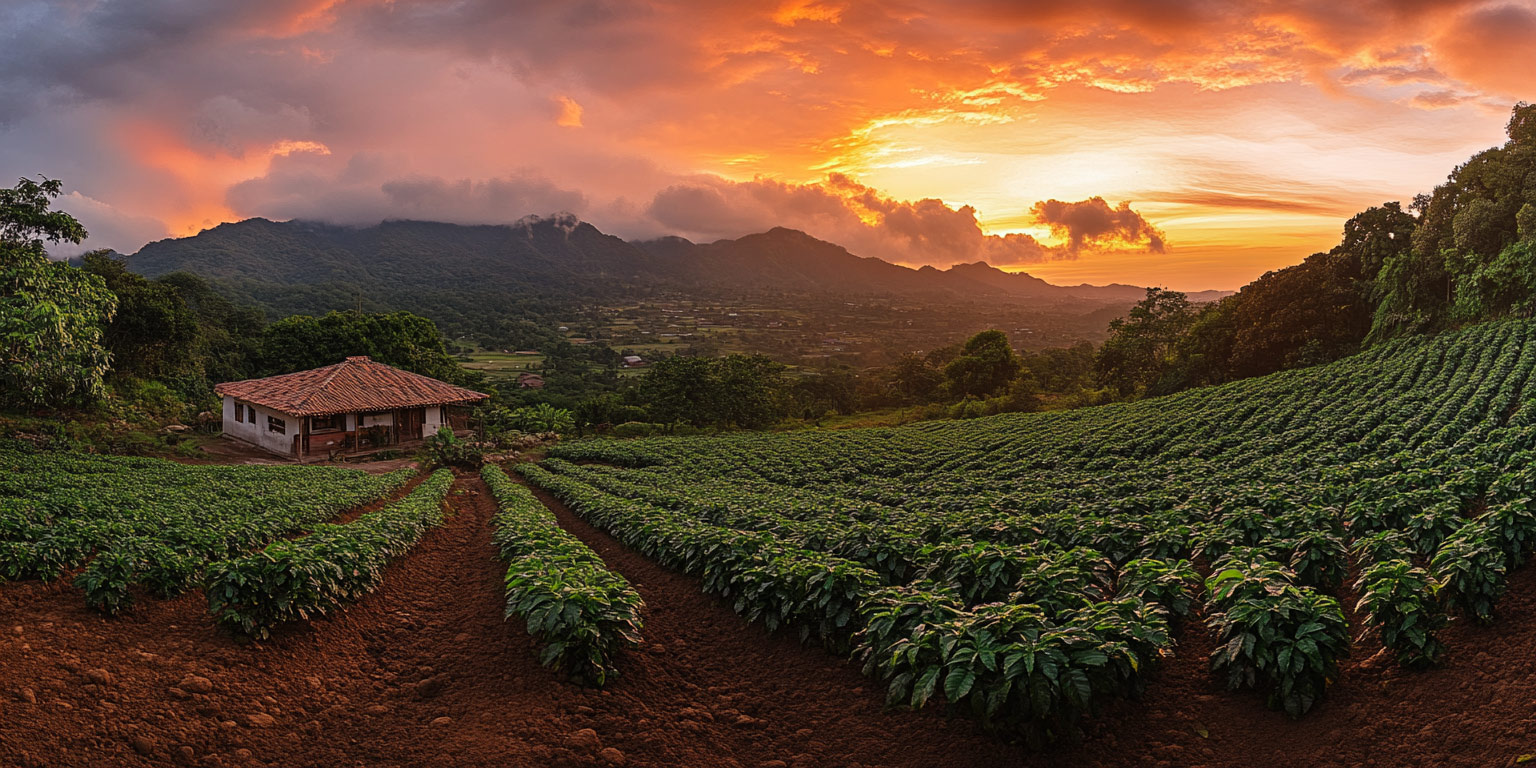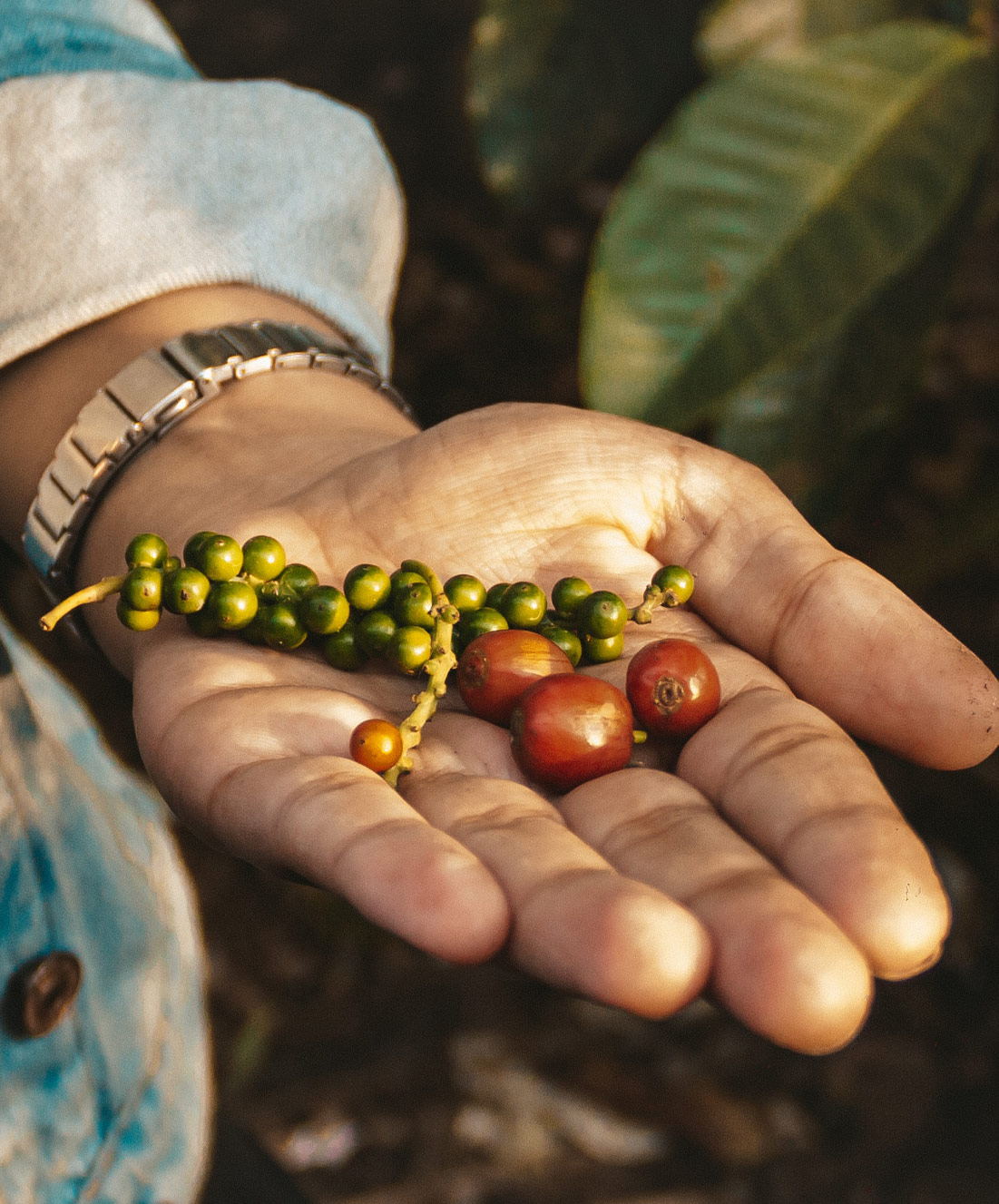The effects of climate change are reshaping the way coffee is grown. Rising temperatures, unpredictable rainfall, and the spread of diseases are putting significant pressure on coffee farms, making it harder to produce the high-quality Arabica beans that Starbucks is known for. To combat these challenges, Starbucks has introduced new "
innovation farms" in Costa Rica and Guatemala, which will focus on growing hybrid coffee varieties at different elevations and under diverse soil conditions. These research farms are crucial for developing climate-resilient coffee crops that can thrive in shifting environmental conditions.
In Costa Rica, the new farm near Hacienda Alsacia will explore modern technologies like drones and mechanization, aiming to solve labor shortages and improve farm productivity. Meanwhile, in Guatemala, one of Starbucks’ most important coffee-producing regions, the Antigua Valley farm will simulate smallholder farming challenges to test new farming techniques under real-world conditions. These farms will also work to distribute climate-resistant coffee trees to other farmers, continuing Starbucks' commitment to sharing knowledge and resources globally.
Starbucks’
innovation network doesn’t stop in Latin America. The company has announced plans for future coffee farms in Africa and Asia, further expanding its research efforts across the global coffee belt. The goal is to mitigate the long-term effects of climate change while ensuring that coffee farmers can maintain productivity and profitability. By investing in these regions, Starbucks aims to create a sustainable future for coffee, safeguarding the livelihoods of over 450,000 farmers worldwide.
Which Coffee Locations Are Struggling with Climate Change?
Regions like Central America, including Guatemala and Costa Rica, have been hit hard by changing weather patterns, leading to reduced coffee yields and an increase in the prevalence of coffee leaf rust. Similarly, areas in Africa and Southeast Asia are facing significant challenges due to rising temperatures and shifting growing conditions, which threaten both the quality and availability of coffee beans.
Starbucks’ Planned Coffee Farms:
- Costa Rica: Adjacent to Hacienda Alsacia, focusing on hybrid coffee varieties and mechanization.
- Guatemala: Located in the Antigua Valley, designed to mirror smallholder farm conditions.
- Future farms: Planned for Africa and Asia, expanding Starbucks' global coffee innovation network.
These innovation farms are part of a larger effort to
combat climate change's impact on coffee, ensuring that the beloved beverage remains available for generations to come






